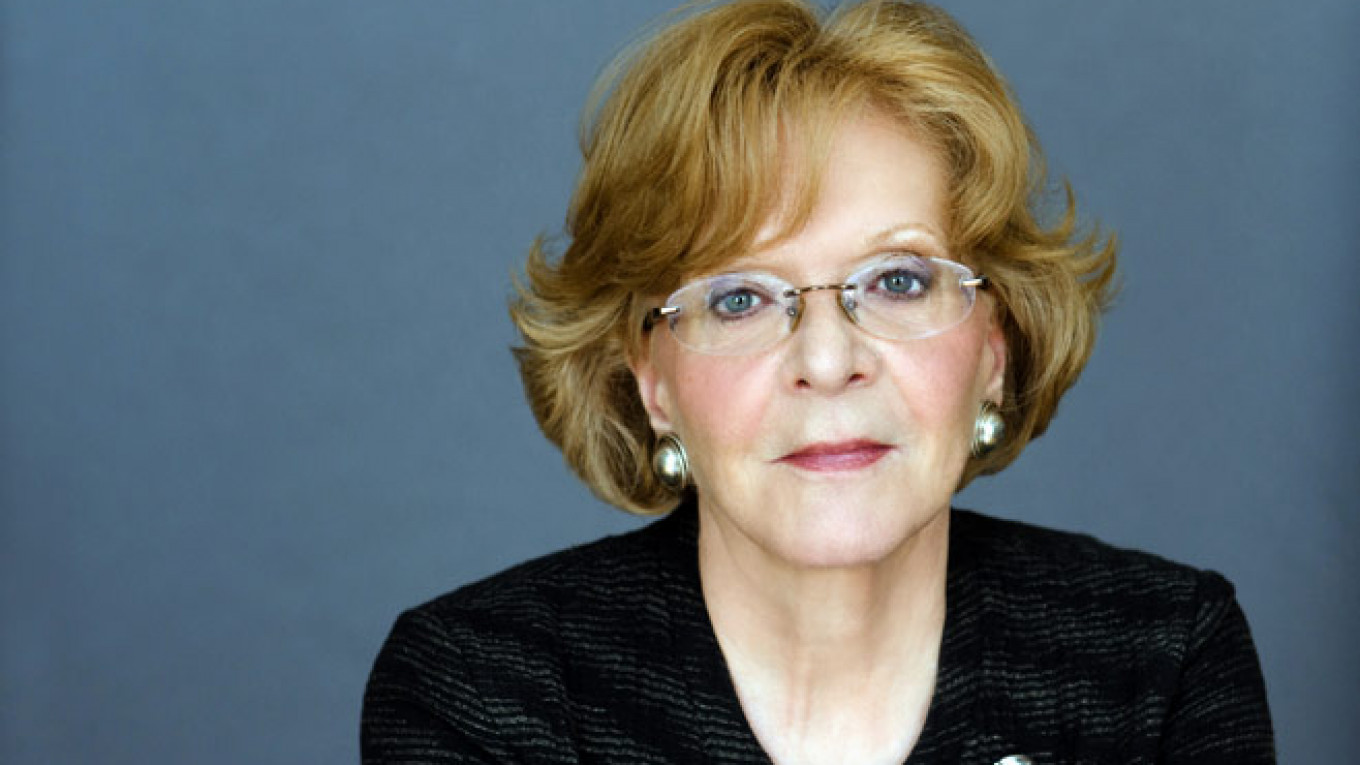The MacArthur Foundation has announced that it will close its Moscow office following the introduction of several laws limiting the activities of nongovernmental organizations in Russia.
"It is with regret, but with confidence that it is the right decision, that we share the news that the MacArthur Foundation will close its branch office in Moscow," its president Julia Stasch said in an online statement.
The private foundation, the main headquarters of which are in the United States, has operated a Moscow branch since 1992, through which it offers grants to various institutions and individuals in Russia.
But earlier this month it appeared along with 12 other foreign NGOs on a so-called "patriotic stop-list" of undesirable organizations compiled by the Federation Council, Russia's upper house of parliament.
Prosecutor General Yury Chaika, Foreign Minister Sergei Lavrov and Justice Minister Alexander Konovalov will now decide whether the listed NGOs pose a "threat to the foundations of the constitutional system of the Russian Federation, its defense capabilities and its national security."
If approved, the NGOs will be declared "undesirable" and their work will be prohibited on Russian territory. First-time offenders found guilty of "participating" in their activities will face fines of 15,000 rubles ($261). Recidivists will face up to six years behind bars.
Stasch criticized the Federation Council's move in its statement on Tuesday, saying it was "clear the Russian government regards MacArthur's continued presence as unwelcome"
"Contrary to the premise underlying the Federation Council's vote, our activities in Russia, at all times, have been to further charitable purposes and benefit Russian citizens and society," Stasch said in her statement.
The MacArthur Foundation has offered more than $173 million in grants to further higher education in Russia, advance human rights, and limit the proliferation of nuclear weapons since its Moscow office opened, Stasch said.
She also lashed out at a law requiring Russian nongovernmental organizations to register as so-called foreign agents if they receive funding from abroad and engage in vaguely defined political activities. The term "foreign agent" was during the Cold-War era synonymous with the word "spy."
"We are entirely independent of the United States government and receive no funding from it. We have never supported political activities or other actions that could reasonably be construed as meeting the definition of 'undesirable,'" Stasch said of the foundation.
Former U.S. ambassador to Russia Michael McFaul expressed disappointment with the decision of the MacArthur Foundation to shut its Moscow office, writing on Twitter that it was "such a shame."
"The recent crackdown on NGOs has made it all but impossible for international foundations to operate effectively and support worthy civil society organizations in Russia," Stasch said in her statement.
In further signs of a civil society crackdown, a nongovernmental organization based in the Ural Mountains region of Perm was fined Wednesday for failing to register as a foreign agency, the TASS news agency reported.
Perm-36, which operated a museum commemorating political prisoners on the site of a former gulag, was in April included by the Justice Ministry on a list of foreign agents despite the fact that it had ceased its operations earlier this year, the report said.
The organization was on Wednesday fined 300,000 rubles ($5,200) for failing to follow through with the registration while its former director Tatiana Kursina was slapped with a 100,000 ruble ($1,750) fine, TASS quoted a court spokeswoman as saying.
Perm-36 began the process of shutting down its activities in March after failing to secure the backing of local authorities to continue their work at the gulag museum, it said earlier this year on its website.
Contact the author at j.monaghan@imedia.ru
A Message from The Moscow Times:
Dear readers,
We are facing unprecedented challenges. Russia's Prosecutor General's Office has designated The Moscow Times as an "undesirable" organization, criminalizing our work and putting our staff at risk of prosecution. This follows our earlier unjust labeling as a "foreign agent."
These actions are direct attempts to silence independent journalism in Russia. The authorities claim our work "discredits the decisions of the Russian leadership." We see things differently: we strive to provide accurate, unbiased reporting on Russia.
We, the journalists of The Moscow Times, refuse to be silenced. But to continue our work, we need your help.
Your support, no matter how small, makes a world of difference. If you can, please support us monthly starting from just $2. It's quick to set up, and every contribution makes a significant impact.
By supporting The Moscow Times, you're defending open, independent journalism in the face of repression. Thank you for standing with us.
Remind me later.






